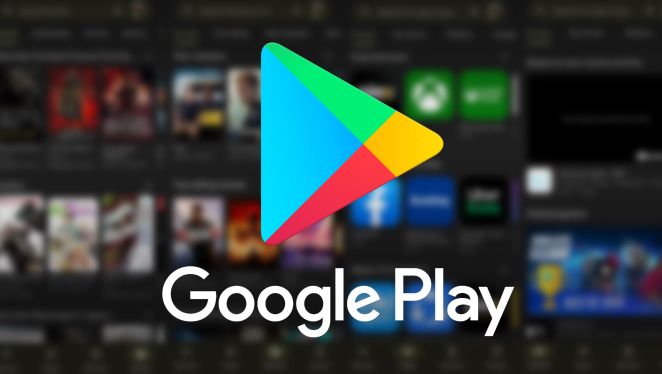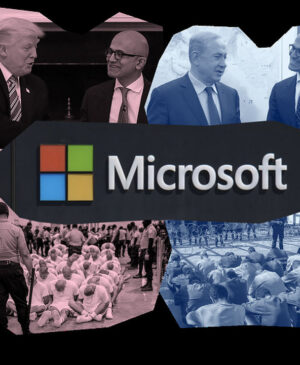While the Android operating system has evolved along with the devices that use it, the Google Play store has not.
It is no longer common to find only the basic Google apps on a new phone, as many others come pre-installed, and it is up to the manufacturer and operator to decide what is available on the device they sell. However, they all have the Google Play Store, although it turns out that this was not something that Google had originally planned to be a huge success…
The Verge has reported, based on documents leaked online as part of the Epic Games vs. Alphabet lawsuit, that the platform was originally called the Android Market, and Eric Chu, head of the Android developer ecosystem, said that Google did not treat the Android Market as a profit centre and only took a small cost out of it for billing and processing fees. Originally, 5% went to Google, 25% to operators and 70% to developers, but that has changed.
Today, Google no longer cares how much money is in the Google Play Store. In 2020, the digital platform’s operating margin was 65%, which meant an operating profit of $4.4 billion in the first half of 2020, and that figure was up on 2019, so the company is sitting on a pile of money from the platform, which has since generated even higher profits. (Of course, gift cards, which were the main source of revenue for many scammers, mainly in India and Pakistan, may have made up a negligible amount of that, but they’ve since switched to bitcoin and other scams.)
So Google saw that there was a lot of money in the platform, so they didn’t send it to the digital graveyard with the millions of other products they’ve since buried (Killed By Google, worth a look…), but went for the cash pile. And money corrupts.
Source: WCCFTech
















Leave a Reply